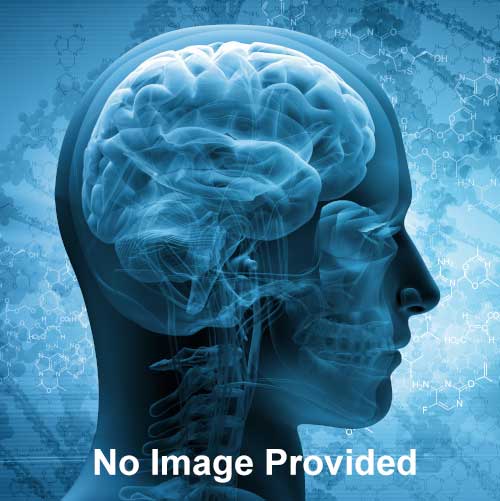
Losing a Spouse Could Speed Brain's Decline
February 27, 2020
Latest Alzheimer's News
By Steven Reinberg
WEDNESDAY, Feb. 26, 2020 (HealthDay News) -- Losing a spouse can be a heartbreaker, and new research suggests it's also tough on the brain.
The study found that wh...
Read More

